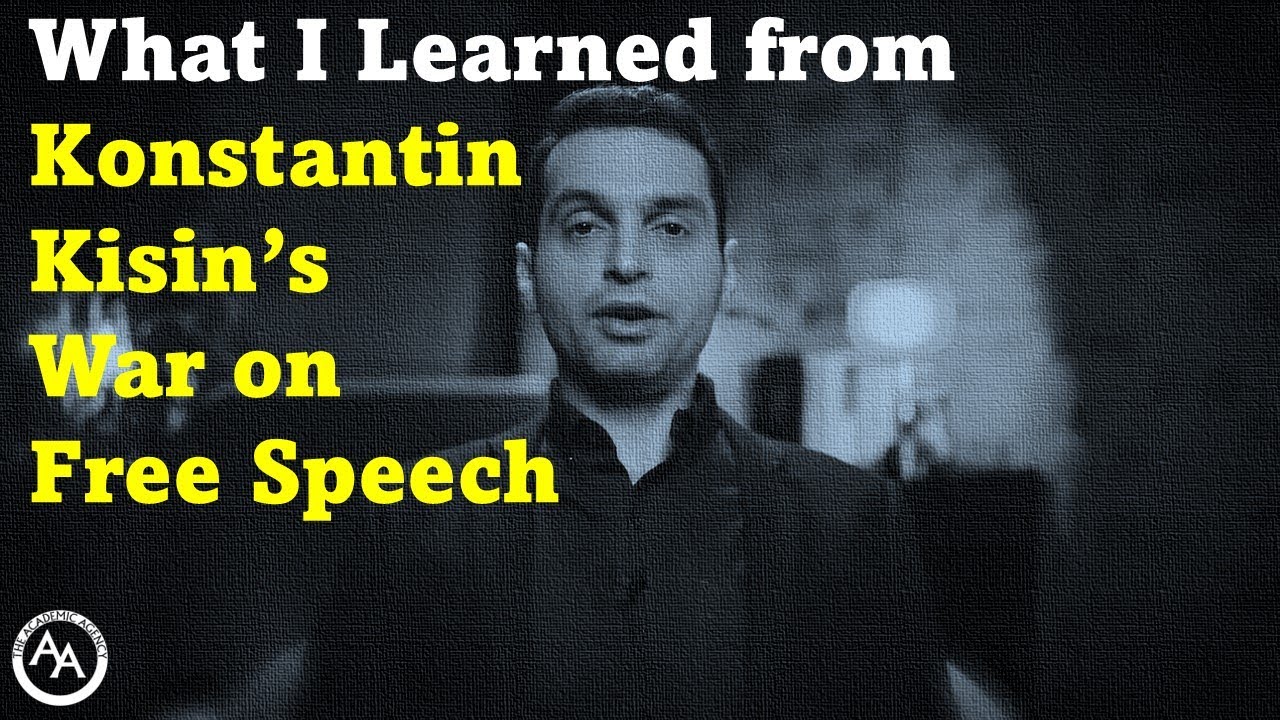Muslims Cheating Welfare | Mohamed Hoblos
Summary
TLDRIn this powerful discourse, the speaker addresses the alarming rise of dishonesty within the community, particularly regarding deceit in welfare claims. Drawing from Islamic teachings, they emphasize the importance of earning halal and living truthfully. The speaker references the life of Prophet Muhammad (peace be upon him), who upheld integrity even in challenging circumstances. They warn that dishonesty can jeopardize one’s spiritual connection with Allah and urge listeners to reflect on their actions. This reflection serves as a call to return to the values of honesty and ethical living, highlighting the profound impact of our choices on our faith and community.
Takeaways
- 😡 Dishonesty is prevalent in the community, with many lying to welfare systems for financial gain.
- 🤔 Individuals are compromising their integrity for small amounts of money, undermining their status as Believers.
- 🙏 A true Believer is expected to be honest and truthful in all dealings and transactions.
- 📈 Indonesia embraced Islam largely due to the honest business practices of Muslims.
- 🤲 The Prophet Muhammad (peace be upon him) prioritized earning halal and was concerned about the purity of his food.
- 🍽️ Even minor amounts of haram earnings can taint all aspects of life, including food and living conditions.
- 🔥 Many face spiritual disconnection due to engaging in dishonest practices, affecting their connection with Allah.
- 📜 The Prophet warned that everything consumed should be halal, highlighting its importance for spiritual well-being.
- ⚔️ Claiming the right to lie and cheat due to living in a non-Muslim country is unfounded and contrary to Islamic principles.
- 🔄 The Prophet's actions, even in danger, demonstrated a commitment to honesty and returning what does not belong to him.
Q & A
What primary issue does the speaker address in the community?
-The speaker highlights the issue of dishonesty and cheating, particularly in relation to welfare claims.
Why is honesty important for a believer according to the speaker?
-Honesty is crucial because it reflects a believer's integrity and adherence to Islamic principles, which are vital for maintaining a strong connection with Allah.
How does the speaker illustrate the consequences of earning through dishonest means?
-The speaker explains that even small amounts earned dishonestly can make all subsequent earnings and purchases haram (forbidden), impacting the believer's entire lifestyle.
What example does the speaker give from the life of the Prophet Muhammad (peace be upon him)?
-The speaker recounts an incident where the Prophet Muhammad took a date from his grandson's mouth to ensure it was not charity, demonstrating his commitment to earning halal.
What cultural attitude does the speaker suggest has shifted in the community?
-The speaker suggests that the community has become more tolerant of dishonesty, compromising their values for the sake of financial gain.
What did the mothers of the speaker’s community used to advise regarding earnings?
-They advised their husbands to earn halal, even if it meant enduring hunger, indicating a strong preference for ethical earning over financial hardship.
What effect does the speaker claim dishonesty has on spiritual practices?
-Dishonesty negatively affects the believer's connection to Allah, making prayers and supplications feel less meaningful or effective.
How does the speaker respond to justifications for dishonesty in a non-Muslim country?
-The speaker rejects such justifications, arguing that the Prophet Muhammad maintained ethical conduct even in difficult circumstances.
What is the significance of the concept of 'halal' earnings in Islam?
-Halal earnings are significant because they align with Islamic principles and ethics, ensuring that a believer's sustenance is lawful and spiritually pure.
What overarching message does the speaker convey to the audience?
-The speaker calls for self-reflection and urges the community to prioritize honesty and halal earnings to restore their integrity and connection with Allah.
Outlines

هذا القسم متوفر فقط للمشتركين. يرجى الترقية للوصول إلى هذه الميزة.
قم بالترقية الآنMindmap

هذا القسم متوفر فقط للمشتركين. يرجى الترقية للوصول إلى هذه الميزة.
قم بالترقية الآنKeywords

هذا القسم متوفر فقط للمشتركين. يرجى الترقية للوصول إلى هذه الميزة.
قم بالترقية الآنHighlights

هذا القسم متوفر فقط للمشتركين. يرجى الترقية للوصول إلى هذه الميزة.
قم بالترقية الآنTranscripts

هذا القسم متوفر فقط للمشتركين. يرجى الترقية للوصول إلى هذه الميزة.
قم بالترقية الآنتصفح المزيد من مقاطع الفيديو ذات الصلة

I HATE MILO WOLF

What I Learned from Konstantin Kisin’s War on Free Speech

విశాఖపట్నంలో విద్య, ఐటి శాఖల మంత్రి నారా లోకేష్ మీడియా సమావేశం.

The Struggle for Justice - Friday Khutbah by Sh. Sami Hamdi

COP28 BANGLADESH Closing Plenary Statement From The Floor 13th December 2023

Who Should You Vote For- US 2024 Elections
5.0 / 5 (0 votes)
